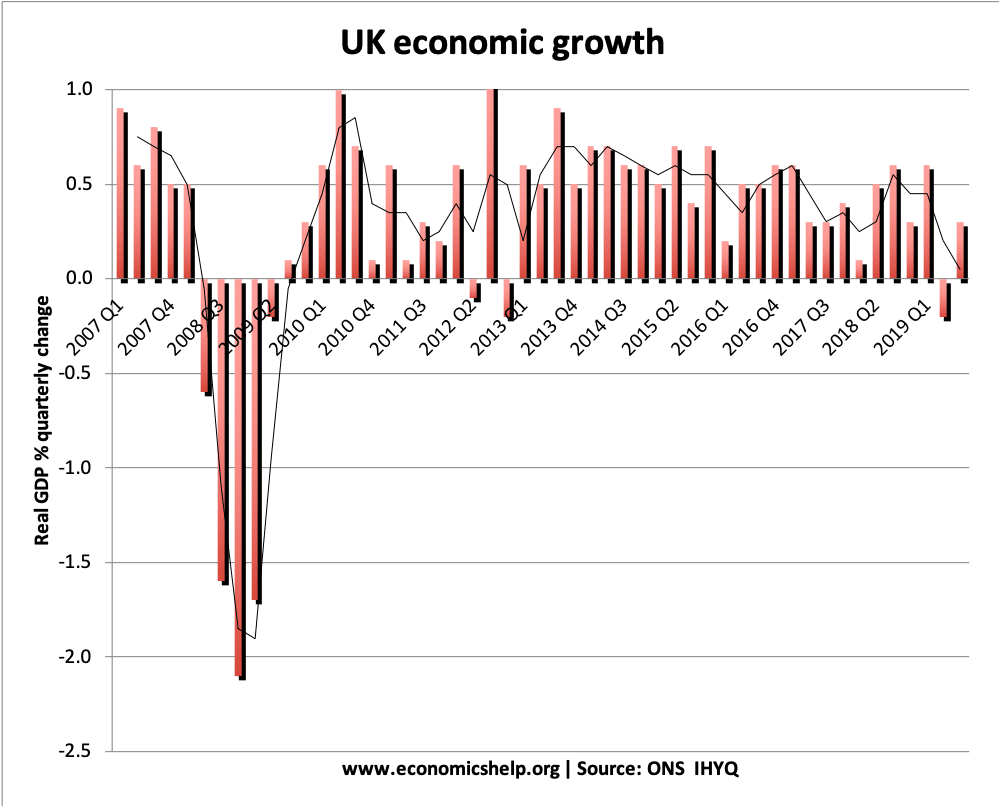EU success or crisis?
The German Finance Minister Wolgang Schauble has been a strong advocate of austerity, supply side reforms and ‘sound money’ policies. (i.e. sticking rigidly to inflation targets). Generally, this has been the preferred approach of Europe to the ongoing debt crisis and recession of the past few years. Recently, he has claimed that the European economy …

